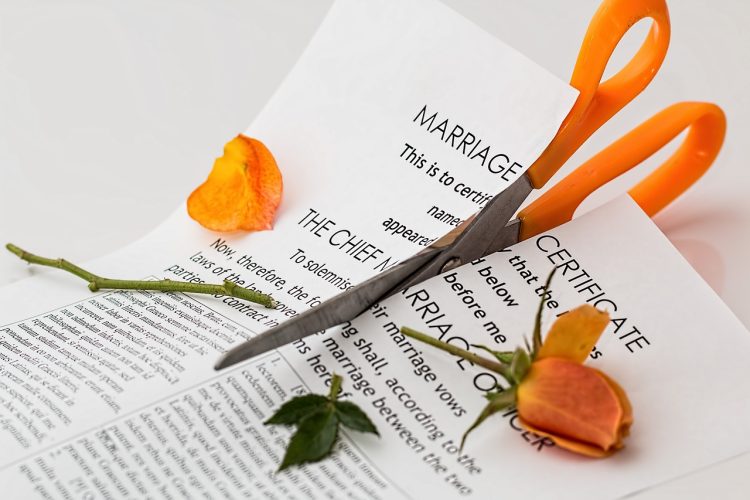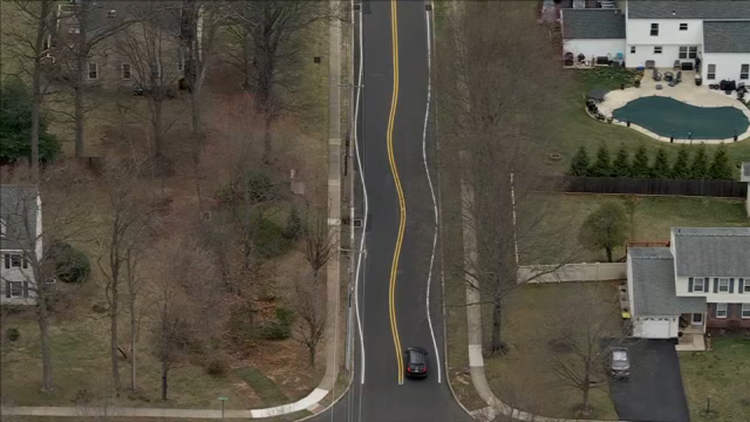The simple mistake of a law firm clerk accidentally choosing the wrong file from a dropdown menu on an online portal led to the irrevocable divorce of the wrong couple.
A senior judge recently refused to overturn the divorce of a couple who had accidentally been chosen from a dropdown menu by solicitors at leading London law firm Vardags, headed by Ayesha Vardag. The couple, referred to as Mr and Mrs Williams by the court, had been married for 21 years until 2023 when they separated. The couple was still in the process of arranging financial agreements for their separation when a Vardags clerk accidentally selected them for a final divorce order on an online portal, which saw them legally divorced in just 21 minutes. All attempts to have the error overturned by the judge were denied because the public trust in a truly final divorce order was more important.

Photo: Pixabay
“There is a strong public policy interest in respecting the certainty and finality that flows from a final divorce order and maintaining the status quo that it has established,” Sir Andrew McFarlane, the president of the family division, said.
On the other hand, Vardags’ representative explained that a solicitor at the firm used an online portal to mistakenly apply for a final order for a couple that was not ready to divorce. Referred to by the court as Mr. and Mrs. Williams, they still had financial details to sort out, but as soon as the final order was solicited, the divorce was official in just 21 minutes.
Vardags realized the mistake two days after it had occurred, but when it asked a high court to rescind the final divorce order, the request was denied. The firm insisted that its employee had accidentally selected the couple’s file with a simple click, but the judge explained that in reality, one had to go through multiple screens on the portal to be granted a final order.

Photo: Unsplash
“Like many similar online processes, an operator may only get to the final screen where the final click of the mouse is made after traveling through a series of earlier screens,” Sir McFarlane said.
Ayesha Vardag, the UK’s self-styled “diva of divorce”, described the judge’s decision as ‘bad’, arguing that it allowed a computer to say ‘no, you’re divorced’.
“The state should not be divorcing people on the basis of a clerical error,” Vardag added. “There has to be intention on the part of the person divorcing, because the principle of intention underpins the justice of our legal system. When a mistake is brought to a court’s attention, and everyone accepts that a mistake has been made, it obviously has to be undone … That means that, for now, our law says that you can be divorced by an error made on an online system. And that’s just not right, not sensible, not justice.”






